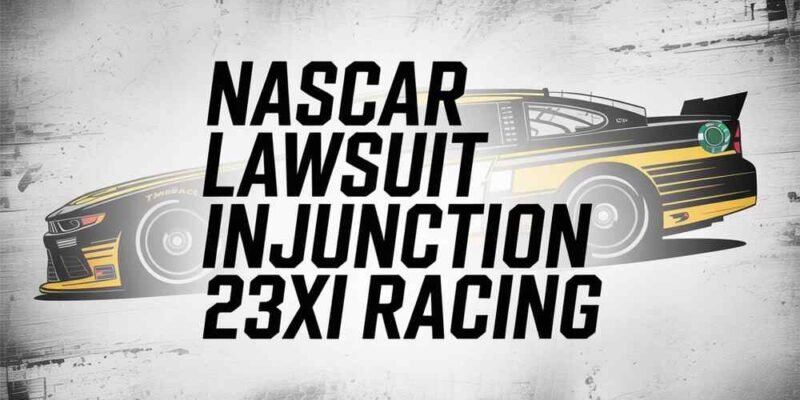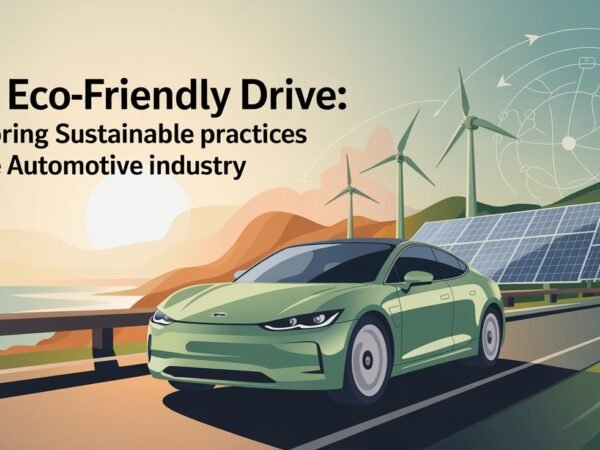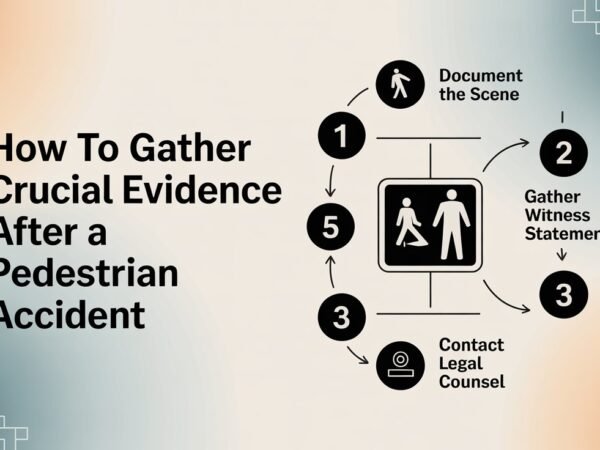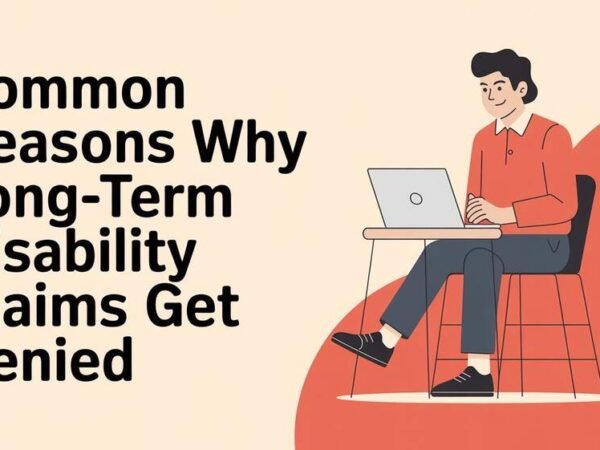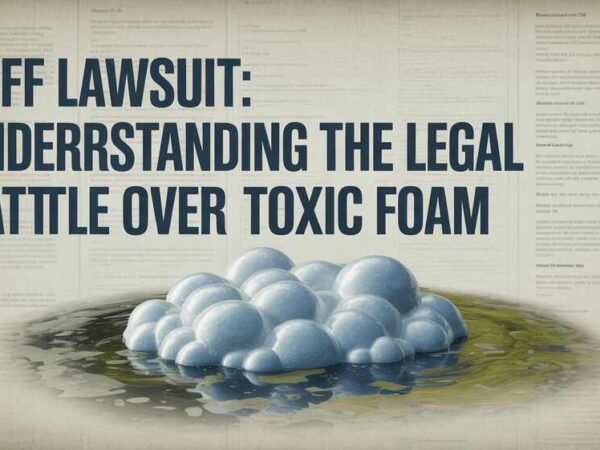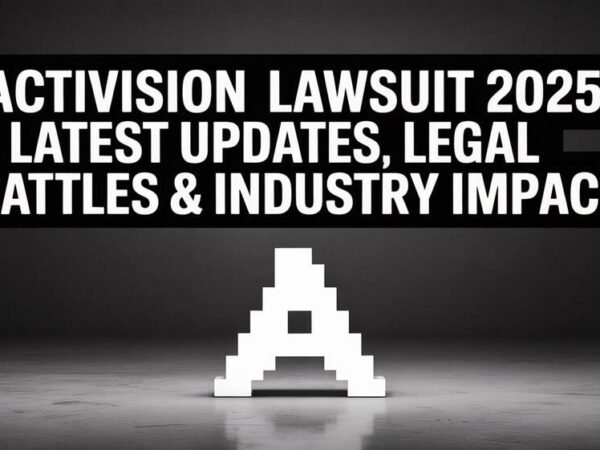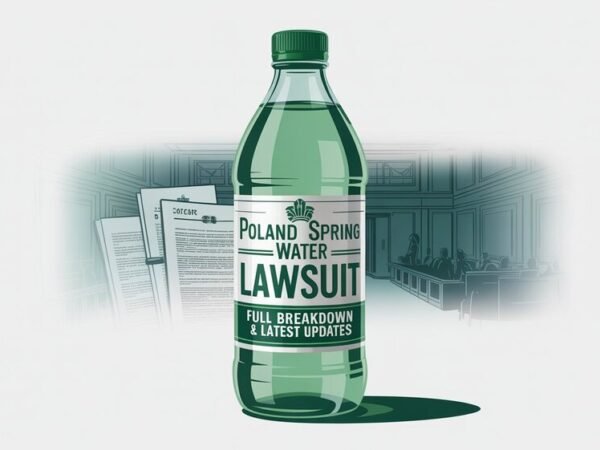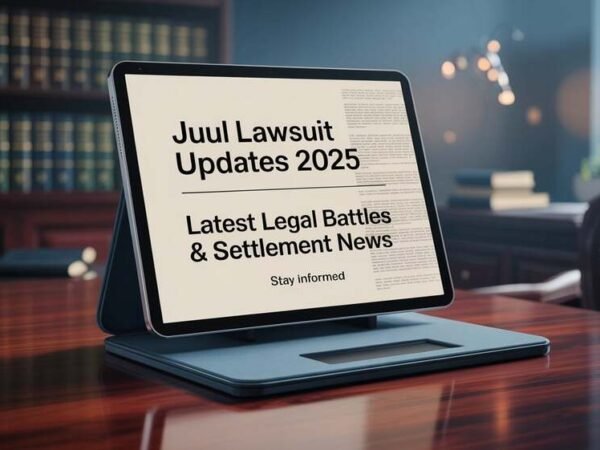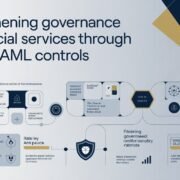Introduction to the NASCAR Lawsuit
The motorsport world has been rocked by an intense legal standoff that could alter the foundation of NASCAR’s operations. The spotlight is on the high-profile lawsuit involving 23XI Racing, Front Row Motorsports, and NASCAR—a case that challenges long-standing power structures and business practices within one of America’s most iconic racing leagues. This legal battle centers around allegations of monopolistic behavior and unfair control exerted by NASCAR, mainly through its controversial charter system. At the core of this unfolding drama lies the keyword dominating headlines: NASCAR lawsuit injunction 23xi racing.
This legal conflict isn’t just about a courtroom scuffle—it’s about redefining how teams operate, negotiate, and profit within the NASCAR ecosystem. With a preliminary injunction temporarily allowing 23XI Racing and Front Row Motorsports to compete as chartered entries in 2025, the implications could be seismic for these two teams and every stakeholder in the sport.
Who Are the Key Players?
To fully grasp the stakes involved, it’s crucial to understand who’s on the battlefield. Leading the charge against NASCAR is 23XI Racing, co-owned by NBA legend Michael Jordan and veteran NASCAR driver Denny Hamlin. Since its formation, 23XI Racing has grown into a competitive and influential presence in the sport, quickly capturing fans’ imaginations and generating significant commercial success.
Joining them in the lawsuit is Front Row Motorsports, a more minor but respected team known for overachieving on a modest budget. These two teams allege that NASCAR’s practices are restrictive and anticompetitive, choking smaller or newer teams out of fair market participation.
On the other side stands NASCAR, the governing body that controls everything from race scheduling to broadcast deals and, more controversially, the distribution and renewal of team charters. These charters are essential for guaranteed race entries and a share of TV revenue, making them a vital asset for any competitive team.
Timeline of Events
The saga officially began in late 2024 when 23XI Racing and Front Row Motorsports filed an antitrust lawsuit in federal court. The claim was that NASCAR’s governance model, particularly the charter system, constituted an illegal monopoly to suppress competition and entrench control. This move sent shockwaves through the industry, drawing comparisons to other major antitrust cases in American sports history.
Soon after, the teams requested a preliminary injunction, arguing that without one, they would face irreparable harm in the upcoming 2025 season. By December 2024, a federal judge granted this injunction, allowing both teams to race as chartered participants while the case proceeded.
In early 2025, NASCAR filed a countersuit, accusing the plaintiff teams of attempting to act as a cartel and manipulate the sport’s governance structure. The legal escalation reached new heights in May 2025 when a panel of appellate judges heard arguments from both sides, expressing skepticism about the injunction’s legal merits but withholding an immediate decision.
Core Legal Claims in the Lawsuit
At the core of this lawsuit is the accusation of antitrust violations. The plaintiffs argue that NASCAR’s control over charters, without transparent renewal policies or open-market mechanisms, creates a monopolistic structure that prevents teams from competing fairly. They claim that NASCAR uses this system to exclude specific teams from revenue-sharing models, manipulating competitive balance in favor of legacy organizations.
Furthermore, the lawsuit alleges that NASCAR’s contracts with racetracks, sponsors, and broadcast partners include exclusivity clauses restricting independent team growth and innovation. These claims frame NASCAR as a sports league and a monopolistic enterprise blocking free-market competition.
The Preliminary Injunction Explained
The NASCAR lawsuit injunction 23xi Racing has become the case’s pivotal development. By granting the preliminary injunction, the judge allowed 23XI Racing and Front Row Motorsports to enter the 2025 season under chartered status, thus enabling them to benefit from guaranteed race entries and associated revenues.
The decision underscored the potential validity of the plaintiff’s arguments, though it didn’t settle the case. It simply preserved the status quo while allowing the legal process to unfold. NASCAR’s legal team has called the injunction overreach, stating it forces them into business relationships against their will and could disrupt existing financial arrangements with other chartered teams.
NASCAR’s Counteractions and Defense
In retaliation, NASCAR’s countersuit has portrayed 23XI Racing and Front Row Motorsports not as underdog victims but as strategic disruptors trying to force their way into favorable financial agreements. The countersuit alleges that the plaintiff teams attempted to form an “illegal cartel” by coordinating efforts to derail NASCAR’s charter negotiations and influence external business deals.
NASCAR’s defense hinges on the idea that the charter system, while exclusive, is not illegal—it’s a business model designed to ensure financial sustainability and competitive integrity. According to NASCAR, the plaintiffs are unhappy with not being invited to the table and are now using litigation as leverage.
Court Hearing Outcomes and Legal Analysis
During the May 2025 hearing, appellate judges grilled both sides on the legitimacy of the preliminary injunction. While they did not issue a ruling on the spot, several judges expressed concern that the lower court had overstepped in compelling NASCAR to grant charter status without a full trial.
Legal experts are divided. The antitrust angle has merit, especially in light of similar lawsuits in other sports like the NCAA. Others argue that NASCAR, as a private organization, has the right to structure its operations as it sees fit, so long as it doesn’t violate explicit statutory laws.
Potential Impacts on the NASCAR Industry
Regardless of the final verdict, the NASCAR lawsuit injunction 23xi Racing already sends ripples throughout the industry. If the court sides with the plaintiffs, NASCAR may be forced to overhaul its charter system entirely, opening up new pathways for team ownership, revenue sharing, and competitive inclusion.
A victory for 23XI Racing and Front Row Motorsports could democratize team participation and shift the balance of power from centralized governance to a more team-inclusive model. Conversely, if NASCAR wins, it could entrench its power structure and deter future legal challenges.
Public and Industry Reactions
The NASCAR fanbase has been vocal and divided. Supporters of 23XI Racing praise their boldness in challenging what they see as an outdated and unfair system. Critics, however, accuse the team of using celebrity clout and legal pressure to gain advantages rather than earning them on the track.
Industry insiders have also weighed in. Some executives warn that the lawsuit could scare off sponsors and disrupt media deals. Others view it as a necessary reckoning that could make the sport more inclusive and commercially viable long-term.
What’s Next? Looking Ahead to the Trial
The December 2025 jury trial is the most anticipated event, ultimately deciding the lawsuit’s fate. Between now and then, both sides will continue gathering evidence, deposing witnesses, and refining legal strategies.
Settlement remains a possibility, though both parties appear deeply entrenched in their positions. The trial could result in transformative changes to NASCAR’s operations or reaffirm the status quo with renewed authority.
Conclusion
The case encapsulated by NASCAR lawsuit injunction 23xi Racing is more than a headline—it’s a battle for the soul of a sport. It pits innovation against tradition, transparency against exclusivity, and open competition against controlled governance. As we inch closer to the trial, one thing is sure: the outcome will reverberate far beyond the courtroom, potentially setting the tone for NASCAR’s next generation.


